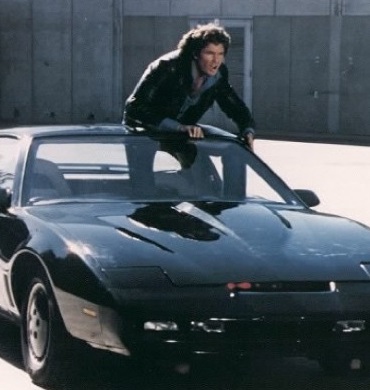Race to relegate drivers to back seat
 In a race that hopefully will not lead to cut-corners, car manufacturers are rushing to bring self-driving vehicles to the market with German maker Daimler leading the charge.
In a race that hopefully will not lead to cut-corners, car manufacturers are rushing to bring self-driving vehicles to the market with German maker Daimler leading the charge.
Reports this week say the head of development for Daimler claims the company is aiming to be the first to liberate people from the challenge of operating their car. Some vehicles have already been released with a range of sensors and even self-parking modes. The German manufacturer says its next generation of automated rides will be out somewhere around 2020, and take the disconnection of the driver to a new level.
It is difficult to tell what effect driverless technologies will have on the lives of professional drivers. Speculation leads to any number of scenarios; truckies may be able to take rests on remote highways without having to stop, repeated deliveries could be automated, and trucks which operate only in a limited zone may even become totally driverless.
In the coming years cars will evolve a range of new abilities including; driving on highways and freeways, parking competently, avoiding crashes and pedestrians, and manoeuvring through traffic jams. Automated cars hope to help by filling in for the most annoying parts of driving, while leaving important safety decisions to a human.
The technology will certainly have a broad impact on society when it reaches common use. There are claims it can improve safety, efficiency through optimised routes and give more independence and mobility to the disabled and elderly.







 Print
Print